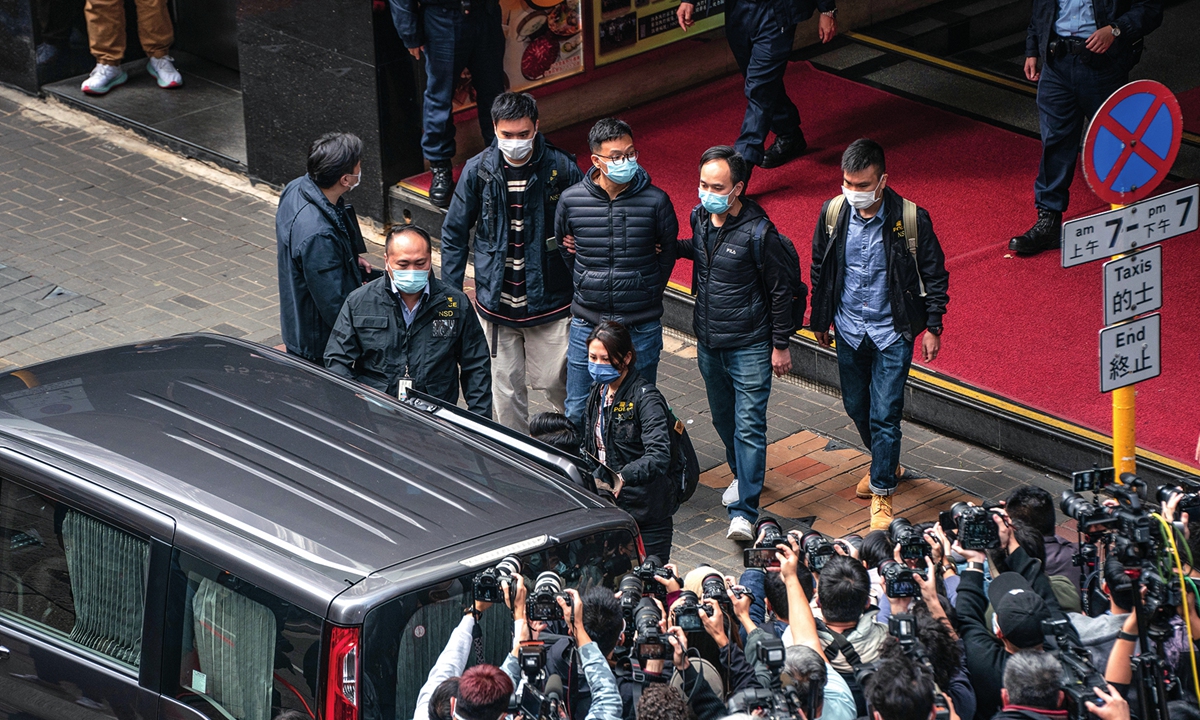Let’s Avoid Reducing Global Trade to a Game of Strategy
(China) on 28 Dec 2021
by (link to original)
The Uyghur Forced Labor Prevention Act passed in the U.S. Senate and House of Representatives by a nearly unanimous vote, reflecting current attitudes about China within U.S. political circles. The act shifts the burden of proof to companies, which must establish that goods manufactured by their factories or suppliers do not employ slave labor or coercion. American semiconductor giant Intel, which produces computer central processing units, created an uproar in the Chinese media when it asked its suppliers to avoid using Xinjiang-related goods, labor and services. State media commentators have called on the government to strike back, and have proposed that Chinese companies essential to U.S. rare earth and pharmaceutical manufacturing relocate to Xinjiang, which would force the U.S. to violate the new law in order to conduct business with these Chinese companies.
Despite the fact that Chinese government officials have described the new law as an attempt to “contain China,” and have further threatened to resolutely respond, Chen’s removal by Chinese officials appears relatively restrained. The Xinjiang Uyghur Autonomous Regional Committee of the Chinese Communist Party held a plenary meeting on Oct. 25 and Chen, who was sanctioned by the United States government last year for human rights violations, continued to serve as party committee secretary. But two months later, he has been replaced by Ma, who is considered to have a technocratic background. Although this shuffling of personnel may not necessarily be related to the new U.S. law, it is too early to tell whether Ma’s succession signifies an adjustment in the policy to maintain stability in Xinjiang, but at the very least, it is not a tit-for-tat resolute response.
The new U.S. law targeting Xinjiang has far-reaching implications for the global supply chain, and affects such raw materials as cotton, minerals and sugar. Xinjiang cotton, for example, constituted 84.9% of total Chinese output in 2020, and more than 20% of global output, valued at 70 billion yuan (approximately $15 billion), with more than 1 million cotton-related workers in China’s textile industry. Accordingly, the new U.S. law will undoubtedly impact the Chinese economy. The U.S. use of Uyghur human rights violations as a trump card has also been effective at further isolating China diplomatically. Similar moves have also taken place in the European Union, Japan and elsewhere.
From the perspective of ensuring the stability and recovery of the global supply chain, the new U.S. law will clearly have the opposite result. Not only will it force affected U.S. companies to look for new suppliers, other countries that rely on the U.S. as an export market cannot ignore the potential threat the new law poses. The disruptions in existing supply chains will inevitably have a negative effect on global free trade and will certainly increase manufacturing costs, ultimately aggravating the burden on consumers. In addition, imposing volatility on daily trade will also affect the reliability and credibility of the entire supply chain, and in the long run, will only force global trade to lose ground.
Although the diplomatic strategy of imposing trade sanctions is not new, given the growing gamesmanship between the U.S. and China, this is an ominous trend that appears to be intensifying. Before the Uyghur Forced Labor Prevention Act, China had also administratively prohibited the import of Australian coal and a range of other commodities in order to punish Canberra for calling on the World Health Organization to conduct a fair and transparent investigation to trace the COVID-19 pandemic that first broke out in Wuhan, China. Another recent example of concern involves Lithuania forming ties with Taiwan, and China subsequently announcing a series of measures to prohibit the import of Lithuanian and European goods containing raw materials from the country.
These measures have certainly hurt normal global trade, but they have not necessarily produced the results that were expected, and the expected outcome, and even the gains have not compensated for the losses. For example, three years ago during n the early stages of the trade war, the U.S. and China imposed import tariffs on each other. China switched to purchasing large amounts of soybeans from Brazil, which hurt many American farmers; an even greater number of American consumers had to pay higher prices for everyday goods. Similarly, while the causes behind China’s recent electricity shortages are complicated, the restriction on Australian coal imports is a factor.
Although critics believe globalization has exacerbated inequality, decades of practice have proved that global free trade is conducive to promoting shared prosperity and reducing global poverty. More important, free trade contributes to increasing mutual trust internationally and to decreasing the risk of conflict and war. Thus countries around the world that have benefited from free trade must do everything possible to maintain the steady development of the free trade system and prevent it from being recklessly weaponized and continually reduced to a global power game of strategy.

